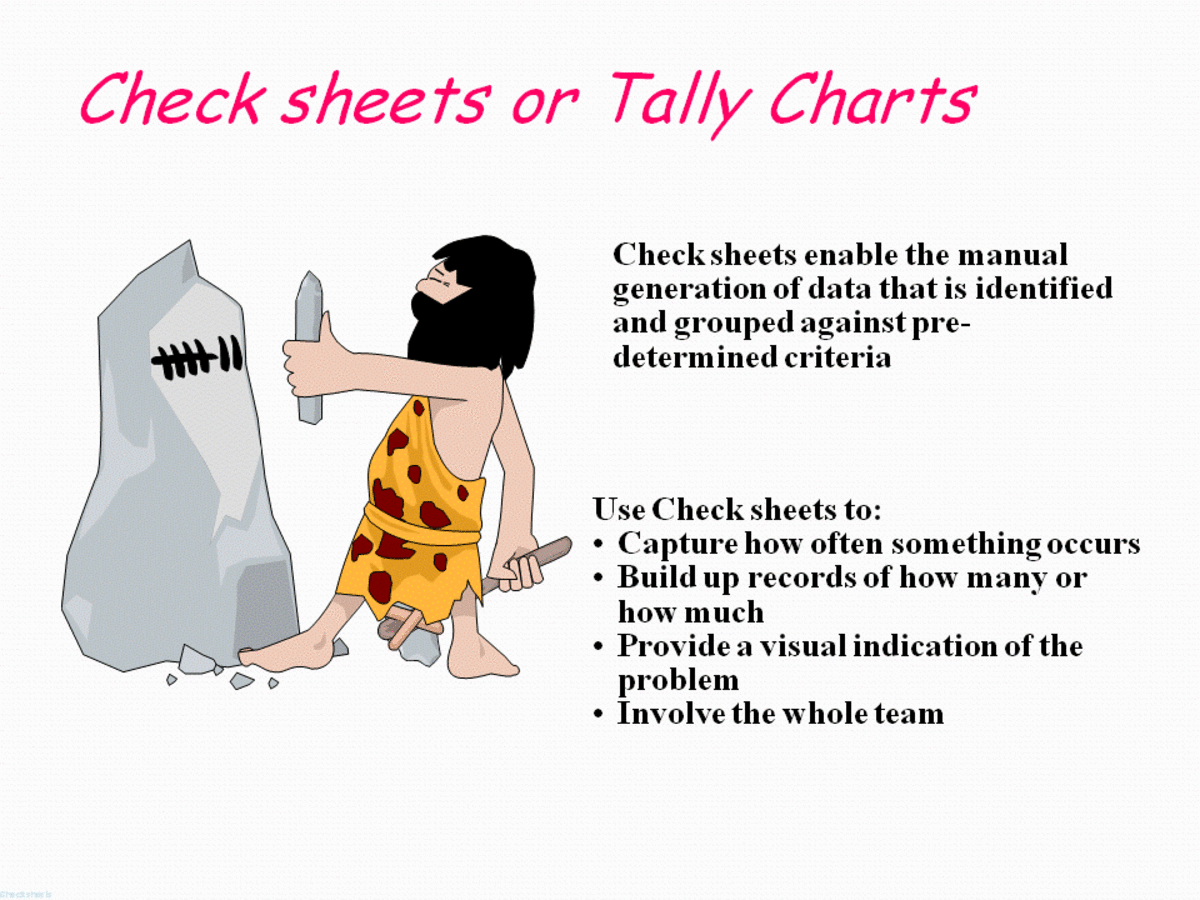What Social Login really does for a business
Human tendency is to look for simple shortcuts to achieving success or at least a medium-term gain. But when genuine and simple steps to achieving something come up, people think it’s too good to be true. It’s sort of ironical but, yes, that’s the way it mostly is.
Which is why people find it hard to believe a step as simple as adding Social Login to a website can immensely affect the conversion rate. And immensely means driving up conversion rates by more than 50%. Sounds cool and, at the same time, too good to be true, isn’t it? It’s cool. It’s too good. And it’s true. Don’t worry, we’ll list out the how and why of this.
But before that, let’s get into some specifics about Social Login and how it works. A generic way of logging into websites, web apps or mobile apps would be to register the first time providing your email address, creating a password and then nonchalantly typing in answers to some of the most boring question about yourself like your name, address, age and so forth. And yes, then you can go ahead. Over the years, this was the practice and people would oblige but with increasing competition and proliferating use of the Web, customers are not really in for such a long and boring process. This is where Social Login comes in filling the potholes and levelling the speed bumps for a smooth ride. Social Login essentially works by allowing customers to login using their existing social identities. Read on for the how and why.
Social Login takes away the need for registration
Practically, there is no registration required the first login because the first login begins with entering social credentials that the customer already has. And post the login, personal data about the customer like the name and age are sucked in from the social profile that the customer used to login. So, the whole first step is a lot smoother and hurdle free. It’s like a hurdling event turned into a sprinting event. That’s exactly what the typical customer wants because research compiled by WebHostingBuzz found 86% customers are bothered by the need to create new accounts. No hurdles and just the sprint because customers hate user registration forms. So, make them run the race they want to and you will have more sprinters.
Your customers actually want Social Login
Have you heard someone ever telling you that you excel in business when you give your customers what they want? That’s right. But not everything. Imagine doling out goods for free. You’ll have people thinking it’s some kind of a sham or a conspiracy. So, you give your customer everything they want but within certain boundaries to make it real and so nobody has any credibility questions. The point is that customers actually want Social Login. Websites which don’t allow them to login using their social identities repel customers. You don’t want to be a customer repellant. You want to be the opposite of it attracting customers which you will be when you have Social Login.
You get authentic customer data
Think about it. When you ask a customer to voluntarily fill in data about himself or herself in a process that the customer basically hates. Do you really think each customer would fill in real authentic data? There could be occasions when the odd customer would just fill in phony data. But when you have hundreds of thousands of customers, there would a lot of those odd fellows typing in sham stuff. In fact, it’s more than just an odd customer. About 88% customers admitted to entering wrong data in registration fields, as found in a survey. Then you run analytics deriving a lot of observations but based on phony data and what you get is just a pile of graphs that aren’t real. Obviously, you can’t blame that customer because asking him or her to fill in fields is almost criminal now. You bet you would start doing the same thing after you registered for a few sites. But with Social Login, you don’t have black sheep in the herd but just authentic data precisely because your customers don’t have to fill them in for you. They did for Facebook. And you just pull that data, of course, after your customer permits you to do so. The end result is authentic first party data which comes totally free. And either digital marketing is all about data.
You can provide personalized services from the word go
Personalization is key factor in marketing even becoming a prerequisite sometimes for customers to recognize you as a business that can provide quality services. And it’s not really surprising because offering personalized communication and services shows that you care for your customers and are willing to put in the extra effort to make the experience better for them. Not just that, chances that you’ll convert are much higher when you use provide a touch of personalization in your communication and services because it attracts attention. A thing as simple as adding the customer’s first name in a marketing mail you send to him or her increases your CTR from 5.8% to 7%. That’s quite a jump for a step that isn’t even considered proper personalization by today’s standards. Plus, because you have access to reliable first party data, with a little effort, you can make sure you just send relevant stuff. Because 100% customers in the Blue study cited earlier said they had received irrelevant offers and promotional messages at some point. Customers don’t care if something is promotional or part of a campaign. They just care if the email they received is relevant to them or not.
Sharing brings more customers
Continuing the point of relevance, customers like stuff that is relevant to them. And it’s true in every sphere of life. You go to work because it pays you. That’s relevance. You go to the supermarket because you can get supplies. That’s relevance. You go home because you live there and your family’s there. That’s relevance again. You don’t order for food from a restaurant when you already have nice food cooked at home. Because that’s irrelevant. People like things relevant to them because it attracts their attention and doesn’t strain it. And when people find relevant stuff, they share it on their social network. When you send promotional messages and offers that are relevant to your customer, they’ll not only convert but also share it with their network. And people trust their social network for the simple reason that a person sharing something on a social network has no vested interest in doing so. They do it because they liked it and felt like sharing. And so you get more customers.






